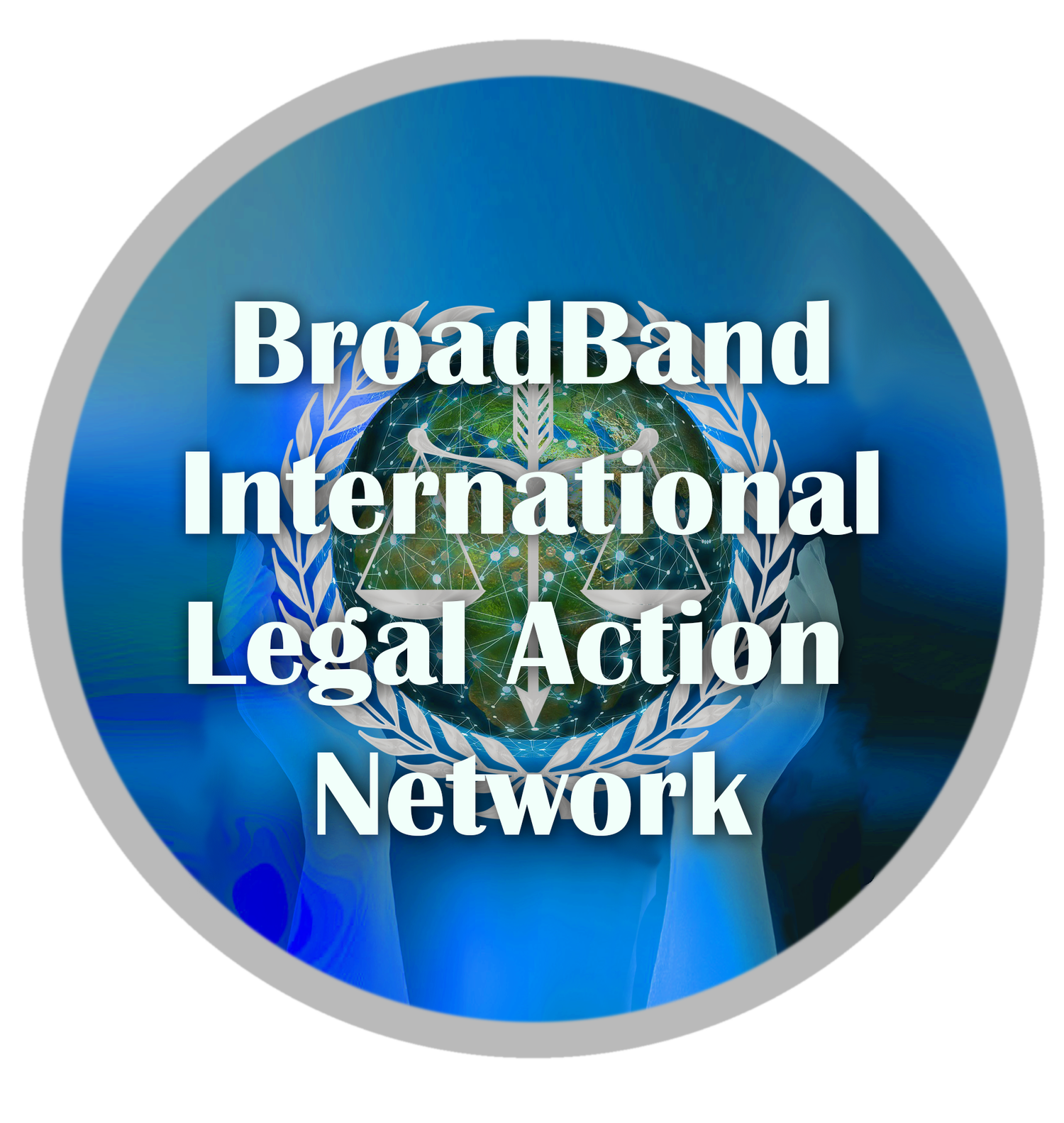2021-Sep-15 Legal Ethics in the Wireless Age: Time for a Change?
A robot is a type of automated machine without a Heart that can execute specific tasks with little or no human intervention and with speed and precision. Is a corporation a legal robot?
The purpose of this Ringside Seat format webinar is to take a hard look at generally unasked questions of attorneys' professional responsibility to corporate clients in the Age of 5G, AI, Internet of Things, and the Commercial Space Grab.
What is an attorney’s professional duty, if any, when a client is engaged in anti-social and sociopathic behavior?
Is it ethical for a lawyer to take advantage of a victim’s poverty and inability to finance his defense, and thereby place him in mortal danger?
As officers of the court, how forthright and truthful must attorneys be in submitting evidence that is based on false and misleading statements encouraged by government agencies themselves?
Given the 2017 ABA Report on Wellness in the Legal Profession, which documents the high percentage of burnout, drug and alcohol addiction, and suicide among lawyers, what price in compromised mental and emotional health are attorneys willing to pay in justifying actions in support of anti-social behavior by clients--when their own conscience might counsel them to advise their clients otherwise? Is an attorney’s unwillingness to attend to his or her own health, impaired by consistently supporting anti-social behavior of clients, a violation of an attorney’s own professional responsibility to deliver wise and effective counsel in the best interest of a client?
Is a corporation’s sole responsibility to increase its profits and to put money in the pockets of its shareholders? How can lawyers reconcile the narrowly defined Codes of Professional Responsibility with today’s growing mandate for corporate social and environmental responsibility?
We do not contend or assume that there's only one "right," "socially acceptable," "ethical," and "scientifically correct" position on these complex, controversial, and unsettled issues. Yet, as attorneys, what can we practically do to help our clients avoid human and environmental tragedies, and encourage advances in science, technology, and economic development that will contribute to true prosperity and happiness in an uncertain and conflicted world?
References:
Codes of Professional Responsibility Sections
Rule 8.4.1 Prohibited Discrimination, Harassment and Retaliation (Rule Approved by the Supreme Court, Effective November 1, 2018)
Rule 1.1 Competence (Rule Approved by the Supreme Court, Effective March 22, 2021) (a) A lawyer shall not intentionally, recklessly, with gross negligence, or repeatedly fail to perform legal services with competence. (b) For purposes of this rule, “competence” in any legal service shall mean to apply the (i) learning and skill, and (ii) mental, emotional, and physical ability reasonably* necessary for the performance of such service.
Rule 1.2.1 Advising or Assisting the Violation of Law (Rule Approved by the Supreme Court, Effective November 1, 2018)
COURTROOM CONDUCT Judge Michael D. Marcus (Ret.) — ATTORNEYS SHOULD NOT MAKE MISREPRESENTATIONS TO THE COURT
Other Legal Standards of Ethical Conduct
Many mechanisms besides the rules of professional conduct shape attorney ethical and legal responsibilities whether in-house or in private practice. (See:
Sarbanes Oxley section 307, and SEC rule for up the ladder reporting by attorneys at 17 CFR Part 205)
Over 12,000 organizations have made commitments through the UN Global Compact (https://www.unglobalcompact.org/what-is-gc/mission/principles.), OECD and other international bodies.
General Book Reference: Brian Moench, MD, Death by Corporation (2019)

